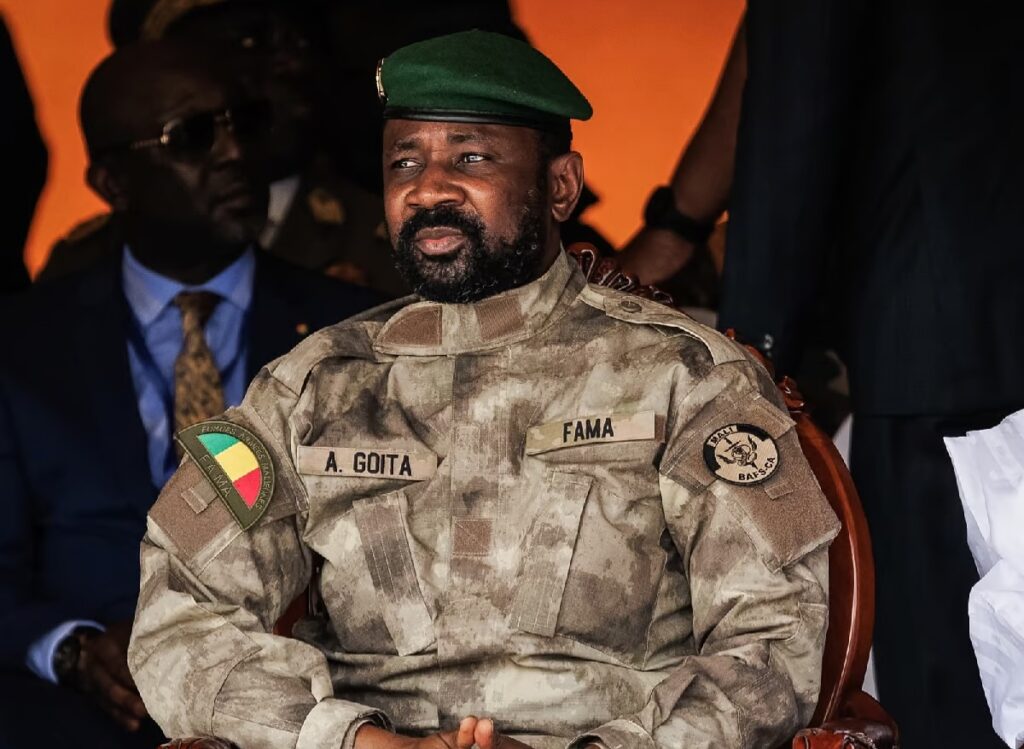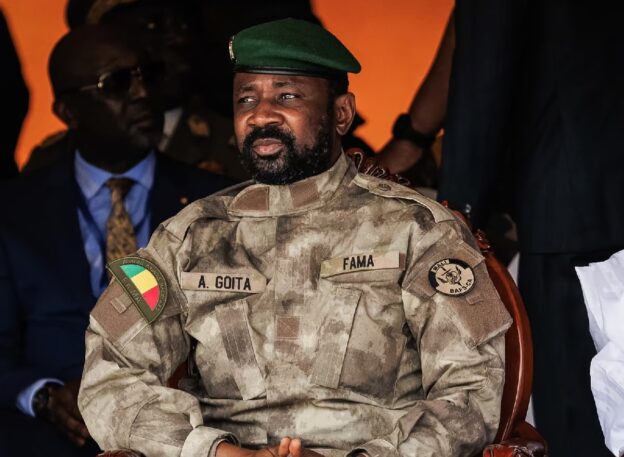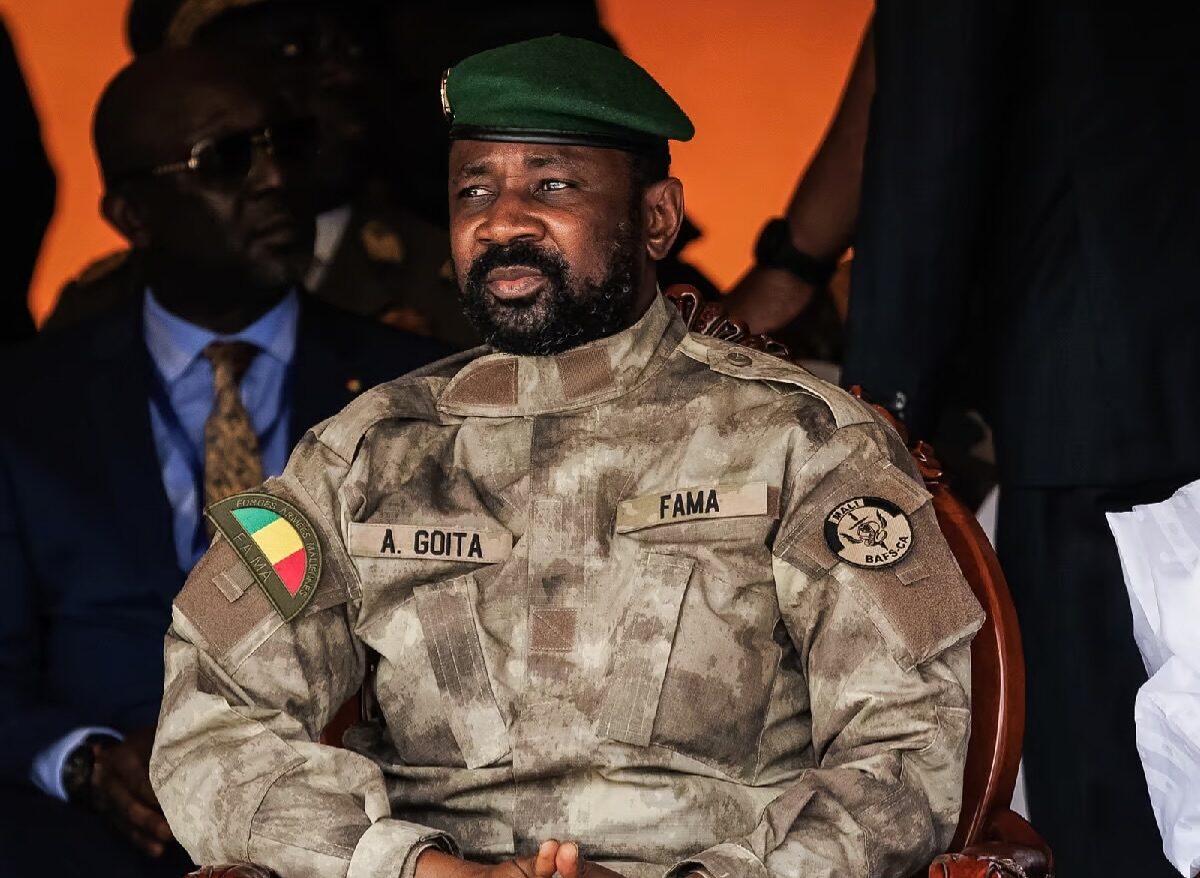Mali’s Bold Move in Mining Seizing Gold and Asserting Sovereignty


Mali, Africa’s fourth-largest gold producer, recently seized three tons of gold—valued between $180 million and $245 million—from Barrick Gold Corporation. This dramatic move comes amid a contentious dispute over revenue sharing and unpaid taxes, following the adoption of Mali’s new mining code in 2023.
The Malian government is demanding an additional $370 million in unpaid taxes from Barrick, which owns 80% of the Loulo-Gounkoto mining complex. In response, Barrick has suspended operations and initiated international arbitration. This standoff highlights a broader trend in Mali and other resource-rich African nations: reclaiming a larger share of revenues from multinational corporations operating within their borders.
Also Read: Rwanda Partners With Steve Harvey To Boost Tourism


Gold mining is a cornerstone of Mali’s economy, contributing to nearly 10% of GDP and 75% of export earnings. However, critics have long argued that multinational companies reap the lion’s share of the benefits, while local communities see little tangible improvement in their living conditions.
The 2023 mining code was introduced to address these disparities, increasing royalties and taxes for mining companies and mandating greater government oversight. Barrick Gold, one of the world’s largest gold producers, is the first major corporation to clash with Mali over the new regulations.
Also Read: Ghana Plans Visa-Free Entry for All African Passport Holders in 2025
A Regional Shift
Mali’s move reflects a growing trend across Africa, where governments are renegotiating mining contracts to secure a greater share of profits. From Zambia to the Democratic Republic of Congo, nations are asserting their sovereignty over mineral resources, seeking to rectify decades of exploitative practices.
In 2021, Zambia renegotiated its mining royalties, and the DRC has demanded higher taxes from cobalt and copper producers. Tanzania’s 2017 crackdown on Acacia Mining resulted in a $300 million settlement and a new revenue-sharing framework.

Economic and Political Implications
For Mali, this bold stance could bolster national revenues and reduce its reliance on international aid. However, it also carries risks, such as discouraging foreign investment and triggering lengthy legal battles. Barrick Gold’s arbitration case will likely draw global attention, setting a precedent for how disputes of this nature will be resolved in the future.
Also Read: Why Dr. Ngozi Okonjo-Iweala’s Fashion is a Game Changer for Women in Leadership
Looking Ahead
This situation is a litmus test for Mali’s mining reforms and its ability to balance domestic priorities with maintaining an attractive investment climate. The outcome could influence how other African nations negotiate with mining giants, reshaping the continent’s resource governance landscape.
As this story unfolds, the world will be watching to see whether Mali’s gamble pays off—or if it leads to unintended economic repercussions.







Responses